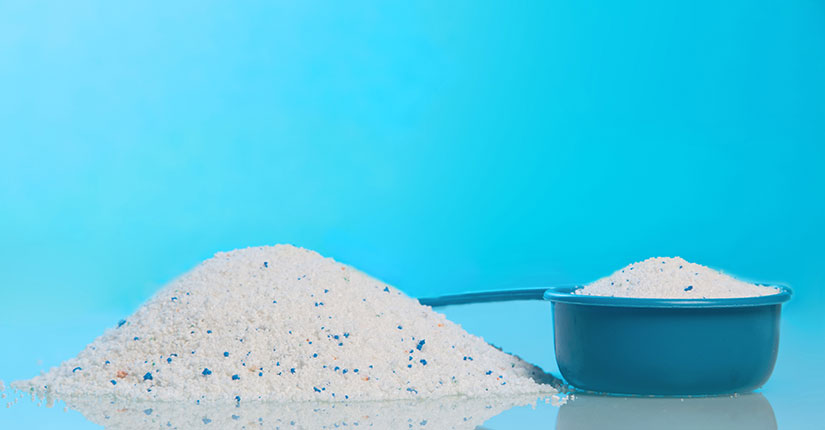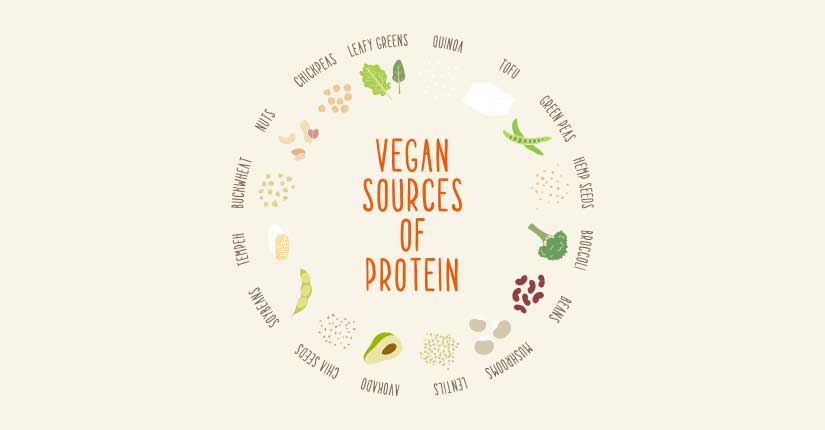3 reasons to add CoQ10 in your diet
By Nmami Agarwal 03-Apr 2023 Reading Time: 4 Mins

CoQ10 is a vitamin-like substance which is produced in our body naturally. The whole body content of CoQ10 is only about 500-1500 mg and decreases with age.
CoQ10 is found throughout the body in cell membranes, especially in the mitochondrial membranes, and is chiefly abundant in the heart, lungs, liver, kidneys, spleen, pancreas, and adrenal glands.
Function of CoQ10
CoQ10 is essential for the health of virtually all human tissues and organs.
- An excellent antioxidant – Coenzyme Q10 is one of the most significant fat soluble antioxidants, which prevents the generation of free radicals and modifications of proteins, lipids, and DNA. CoQ10 improves energy, augments the immune system, and acts as an antioxidant
- Heart protective – Some research has shown that supplementation with CoQ10 may be helpful in preventing certain heart diseases like congestive heart failure. Although more research is required in this area, the studies show great benefits of CoQ10 on heart health.
- Reducing migraines – According to both the American Academy of Neurology and the American Headache Society, CoQ10 may be effective in reducing the frequency and duration of migraines, although the research to support this is still limited. It is possible that CoQ10 has this effect because it keeps the mitochondria in the cells healthy.
Apart from the above functions, some research also suggests the beneficial effects of CoQ10 in improving fertility rates among women of child bearing age.
Deficiency of CoQ10
Two major contributing factors to a CoQ10 deficiency are age and the use of statins: CoQ10 levels peaks between the age of 20-30 yrs but as we get older our ability to naturally produce CoQ10 reduces.
Also the use of statins to manage high cholesterol in blood inhibits the production of CoQ10 in our body thereby leading to a deficiency in the long run.
Deficiency symptoms: Whilst everyone is different, people who have a deficiency in CoQ10 levels often experience physical fatigue and muscle weakness, even while undertaking relatively non-strenuous physical activities such as walking. Low CoQ10 levels can also cause mental fatigue, with symptoms including difficulty in concentrating, and memory lapses.
Sources:
Primary dietary sources of CoQ10 include oily fish (such as salmon and tuna), organ meats (such as liver), and whole grains. Most individuals obtain sufficient amounts of CoQ10 through a balanced diet, but supplementation may be useful for individuals with particular health conditions.
CoQ10 is available as a supplement in several forms, including soft gel capsules, oral spray, hard shell capsules, and tablets. A typical CoQ10 dosage is 30 to 90 mg per day, taken in divided doses and only on the advice of a healthcare professional.




















